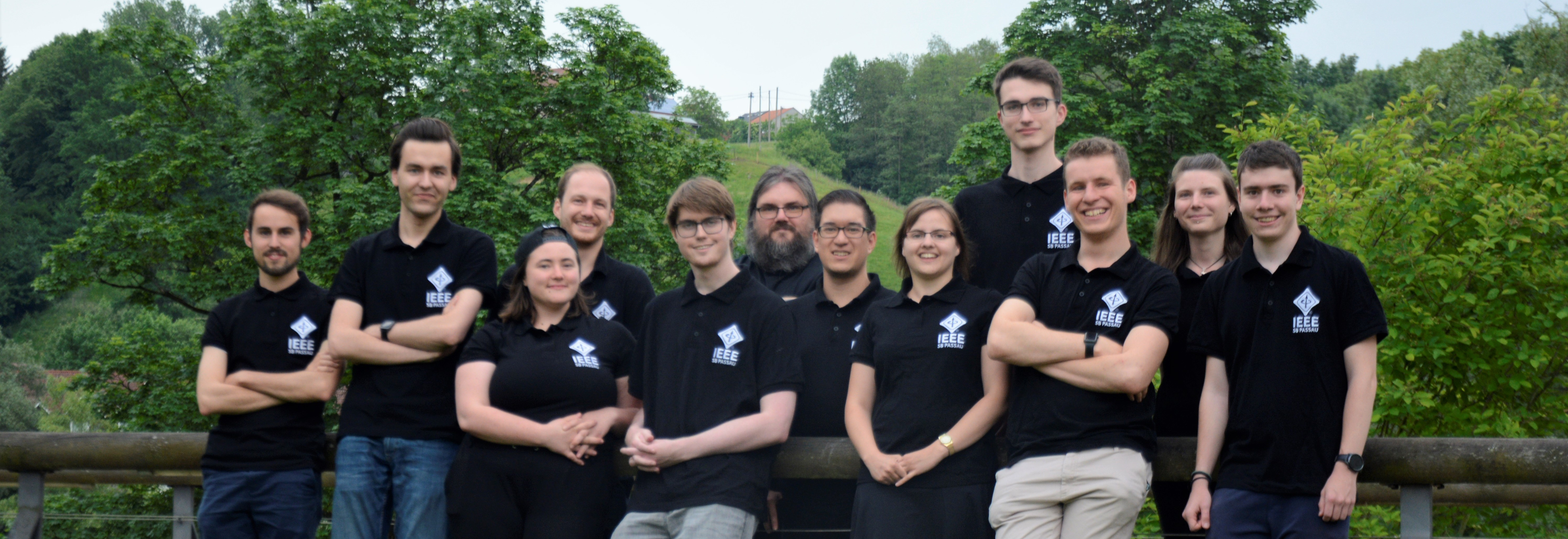Nowadays, system architectures for web applications have to fulfill
Like every year we will show a selection of tools that are useful for
During our talk »Tools for your studies« we will present some tools and tricks which can be helpful for new students and all those who are interested.
On June, 13th, 2016 three PhD students of Professor Apel’s Chair of Software Engineering visited us: Alexander Grebhahn, Claus Hunsen, and Andreas Stahlbauer. All three gave us an introduction into their research topics.
The first talk by Alexander Grebhahn was about non-functional properties and optimization. It is a significant topic in the context of Configurable Software Systems (CSS) because of the combinatorial explosion of the number of possible configurations. He presented different approaches to evaluate the performance of the different configurations to us.
On June 30th, two penetration testers of ATOS, Alex and Stephan, visited us. About 50 people joined the talk.
While Alex explained the backgrounds and methods to us, Stephan worked as the attacker. The took a simulated web shop as their example and were looking for weaknesses in it. The started with a cross-site-scripting attack in order to get the admin’s session; combined with a cross-site-request-forgery, the web page was manipulated and some bugs were shown.
After last year’s exciting talk we had the pleasure of having Achim Sonntag of Micro-Epsilon again for a talk. This time his talk was on automated detection of paint defects with the reflectCONTROL system.
He started with an introduction in the structure and work of the global acting company, Micro-Epsilon. Cooperations with different universities, for example the institute FORWISS at the University of Passau, are very interesting.
Besides their current orders, the main focus of the talk was reflectCONTROL, a roboter-based system to detect paint defects on cars.
Evaluating the work done for a seminar paper, a thesis, or even a scientific publication often forces students to present a large amount of data in a consistent and appropriate way. Doing so, one will encounter many pitfalls due to the complexity of the task. It can be a long-running and frustrating process to find out, which way works the best. Although, we cannot provide universally valid rules, we want to give some hints and guidelines with this work. Therefore, we present formal aspects, packages and tools, that are helpful when presenting the evaluation results and data in general.
Research Talks of the Software Engineering chair











